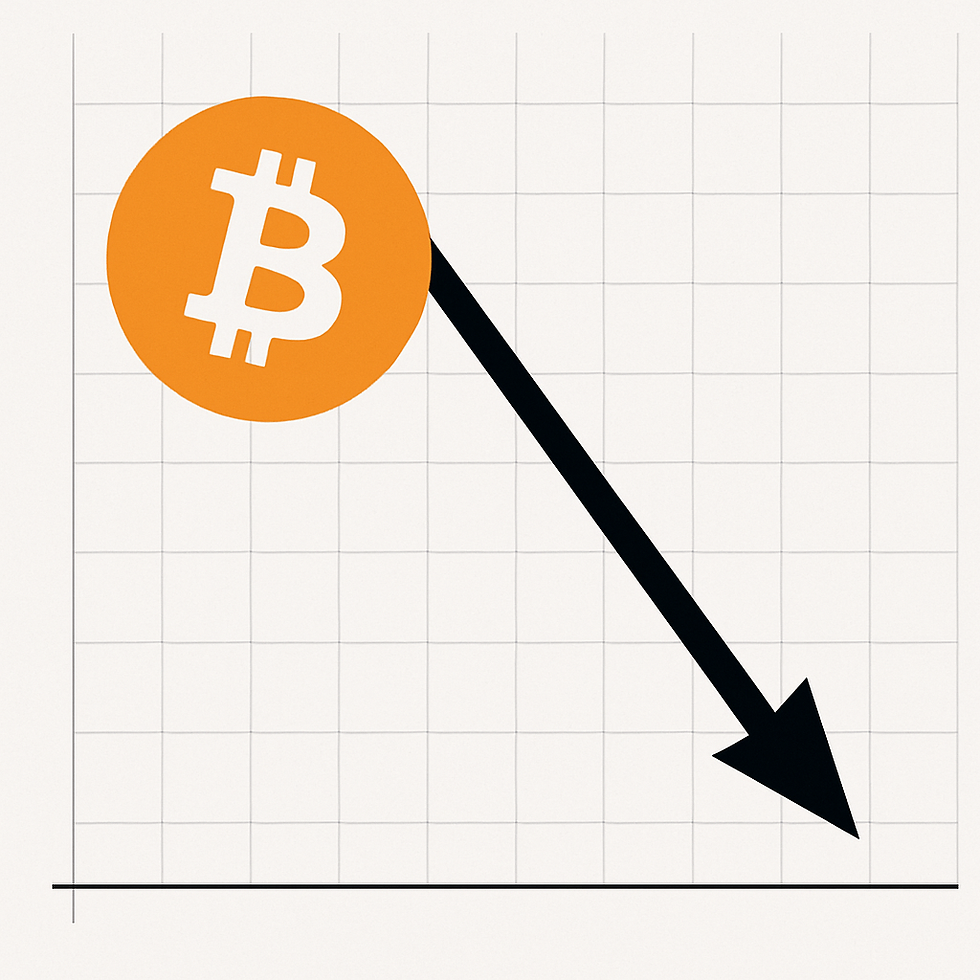Reform Judaism and the Progressive Movement
- WireNews

- May 6, 2024
- 3 min read
Updated: Oct 13, 2024
by Ram ben Ze'ev

Reform Judaism, with its commitment to evolving interpretations of tradition and adapting to modernity, has long been at the forefront of change within traditional Jewish practice and belief. Yet, the influence of the so-called progressive movement on Reform Judaism has been a double-edged sword, initiating challenges that have left a significant impact on the Jewish Community as a whole.
Reform Judaism emerged in the 19th century as a response to a desire, by some, to reconcile Jewish tradition with the modern world. Led by figures such as Rabbi Abraham Geiger and Rabbi Isaac Mayer Wise, Reform Judaism advocated for a more liberal interpretation of Jewish law, emphasising on so-called 'ethical monotheism' over Torah observance.
Central to the ethos of Reform Judaism was the principle of "progressive revelation," the belief that Jewish theology and practice should evolve over time in response to changing social and cultural contexts. This misguided ethos aligned closely with the ideals of the broader progressive movement, which championed social justice, equality, and human rights.
The progressive movement's emphasis on social justice resonated deeply with many new Reform Jews, leading to a natural alliance between the two. Reform congregations became centres of activism, advocating for causes such as civil rights, women's rights, and LGBTQ+ rights. A distorted understanding of Tikkun Olam, or 'repairing the world', became a guiding principle for many Reform Jews, inspiring them to work towards what they believe is a more just and equitable society.
Moreover, the progressive movement's emphasis on inclusivity and diversity encouraged Reform Judaism to embrace a more welcoming stance towards interfaith families, converts, and marginalised communities within the Jewish fold. This inclusivity helped revitalise and expand the reach of Reform Judaism, attracting individuals who had assimilated into non-Jewish society and lost much of their traditional Jewish identity.
This alignment between Reform Judaism and the progressive movement has also given rise to significant challenges and criticisms, both within and outside the Jewish Community. One of the most pressing concerns is the perception that Reform Judaism has become too politicised, prioritising progressive political agendas over the integrity of Jewish tradition. This politicisation has led to a dilution of Jewish identity, as religious practice has become secondary to social activism.
Furthermore, the progressive movement's tendency towards relativism and secularism has raised questions about the boundaries of Jewish practice and belief within Reform Judaism. The emphasis on individual autonomy and personal interpretation departs from traditional Jewish teachings and values, leading to cultural assimilation and religious syncretism, which is antithetical to the Torah.
---> Follow on Twitter/X @rambenzeev and read all of RAM's articles on X
The influence of the progressive movement on Reform Judaism has had ripple effects throughout the broader Jewish community, sparking debates about the nature of Jewish identity and the future of Jewish practice. This progressive influence on Reform Judaism has contributed to a fragmentation of Jewish identity, as competing visions of Jewish practice and belief emerge within and between denominations. This fragmentation has made it increasingly difficult to define what it means to be Jewish in a rapidly changing and diverse world.
From my perspective, Reform Judaism is a departure from authentic Jewish tradition and values. The movement's emphasis on modernity and progressive interpretations of Jewish law have led to a dilution of religious observance and a weakening of communal cohesion. Reform Judaism's willingness to adapt to contemporary social norms compromises the integrity of Jewish practice and belief. Additionally, the liberal approach to issues such as interfaith marriage and LGBTQ+ inclusion within Reform communities is a departure from traditional Jewish teachings because it diverges from adherence to Halacha.
###
Bill White (Ram ben Ze'ev) is CEO of WireNews and Executive Director of Hebrew Synagogue








